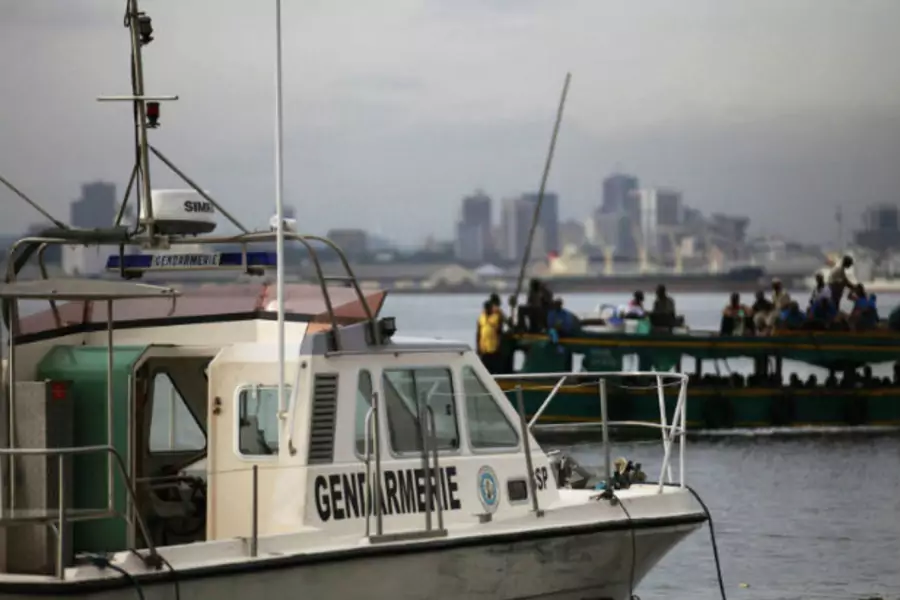More on:
It is official. There is more piracy in the Gulf of Guinea now than off the coast of Somalia. The International Maritime Bureau (IMB), Oceans Beyond Piracy (OBP), and the Maritime Piracy Humanitarian Response Programme (MPHRP) have published an intriguing report: The Human Cost of Maritime Piracy 2012. It is a fascinating read. It states that 966 sailors were attacked in the Gulf of Guinea and adjoining water in 2012, while 851 were victims of pirate attacks off the Somali coast over the same period. The report analyzes the differences in piracy between the two areas. In West Africa, it mostly takes place in national territorial waters, especially off of Nigeria, rather than in international waters. Vessels awaiting entry into port and those transferring oil from one vessel to another are particularly vulnerable. Rather than kidnapping for ransom as Somali pirates do, West African pirates are after oil cargoes or, in some cases, the personal property to be found on the vessels.
The report shows the close connection between West African piracy and the ongoing plague of oil theft, called “bunkering,” in the Niger Delta and the Gulf of Guinea. In many cases, the pirates are veterans of the Movement for the Emancipation of the Niger Delta (MEND) insurgency that demanded a greater proportion of Nigeria’s oil be settled on those areas that produce it. That insurgency was defanged by an amnesty that involved payoffs to militant leaders and some training for the movement’s foot soldiers. The amnesty—including its payments—is scheduled to end in 2015. Meanwhile, bunkering appears to have greatly increased—and piracy seems to be an important aspect of it. And should the MEND insurgency reignite on a large scale, piracy is likely to escalate in kind.
A chilling side note of Human Cost is its finding that piracy in the Gulf of Guinea is more violent than off the Somali coast. The report suggests that this is in part because of the greater availability of relatively sophisticated weapons and a culture of their use dating from the insurgency.
Human Cost observes that Gulf of Guinea piracy is under-reported. However, should piracy continue at this level, presumably maritime insurance rates will go up and there may be calls for greater international efforts to address the scourge. Unlike off the Somali coast, very few of the piracy victims have been from the Organization for Economic Cooperation and Development (OECD) countries. The largest numbers of victims have been Filipino, Indian, Russian, Nigerian, and Chinese.
More on:
 Online Store
Online Store
